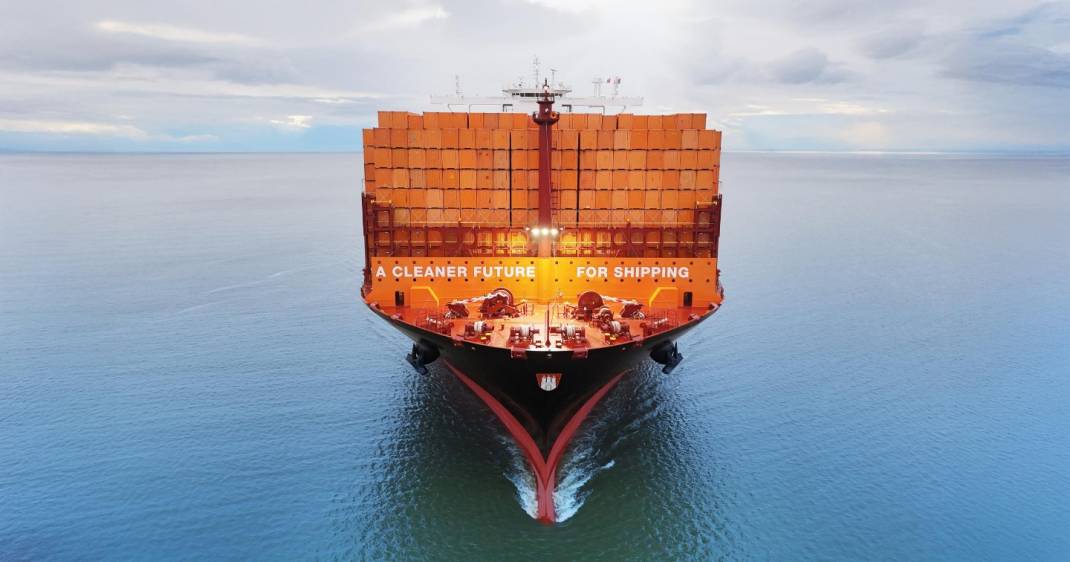Hapag-Lloyd and DHL sign agreement to further decarbonize supply chains
Hapag-Lloyd and DHL Global Forwarding have reached a significant milestone in their joint mission to decarbonize global supply chains. The two companies signed a three-year framework agreement to purchase Scope 3 greenhouse gas (GHG) emission reductions generated from the use of sustainable marine fuels within Hapag-Lloyd’s fleet.
Under this agreement, the first transaction—representing 25,000 tons CO₂e well-to-wake (WTW) emission avoidance—was successfully completed in July 2025. The biofuels used are second-generation, produced from waste and residue feedstock, underscoring the partners’ strong commitment to cutting GHG emissions.
“We are delighted to have completed this order with DHL, demonstrating the feasibility and effectiveness of using sustainable marine fuels to reduce Scope 3 emissions through our Ship Green product,” said Danny Smolders, Managing Director Global Sales at Hapag-Lloyd, adding: “Partnering with DHL shows how powerful collaboration can be. Together, we are creating real momentum in further decarbonizing supply chains, one bold step at a time.”
“The signing of this three-year framework agreement marks a crucial step toward realizing our shared vision of a decarbonized shipping industry,” said Casper Ellerbaek, Head of Global Ocean Freight at DHL Global Forwarding. “We are thrilled to partner with Hapag-Lloyd in driving the adoption of sustainable marine fuels and the book and claim mechanism, ultimately empowering our customers to achieve their climate goals.”
The collaboration highlights the practical application of the “book & claim” chain of custody system, which allows customers to attribute Scope 3 emission reductions to their transport without the fuel being physically tied to their shipment. This approach enables early decarbonization action in shipping, even as sustainable marine fuel supply remains limited and more costly worldwide.
Both companies have ambitious climate targets—Hapag-Lloyd aims for net-zero fleet operations by 2045, while DHL targets net-zero emissions across its business by 2050. Expanding sustainable logistics offerings is central to achieving these goals.
Hapag-Lloyd has been using second-generation biofuels since 2020 and, since 2023, has enabled customers to claim related emission reductions through its Ship Green product, which replaces fossil marine fuel oil with biofuel blends.
DHL’s GoGreen Plus program provides decarbonized logistics solutions powered by sustainable fuels and low-carbon technologies. Built on the book & claim model, GoGreen Plus allows customers to cut their indirect Scope 3 emissions in transport and distribution while supporting their voluntary GHG reporting and decarbonization progress.
Together, Hapag-Lloyd and DHL are accelerating the transition to a cleaner, more sustainable shipping industry by combining sustainable fuels with innovative accountability mechanisms.
